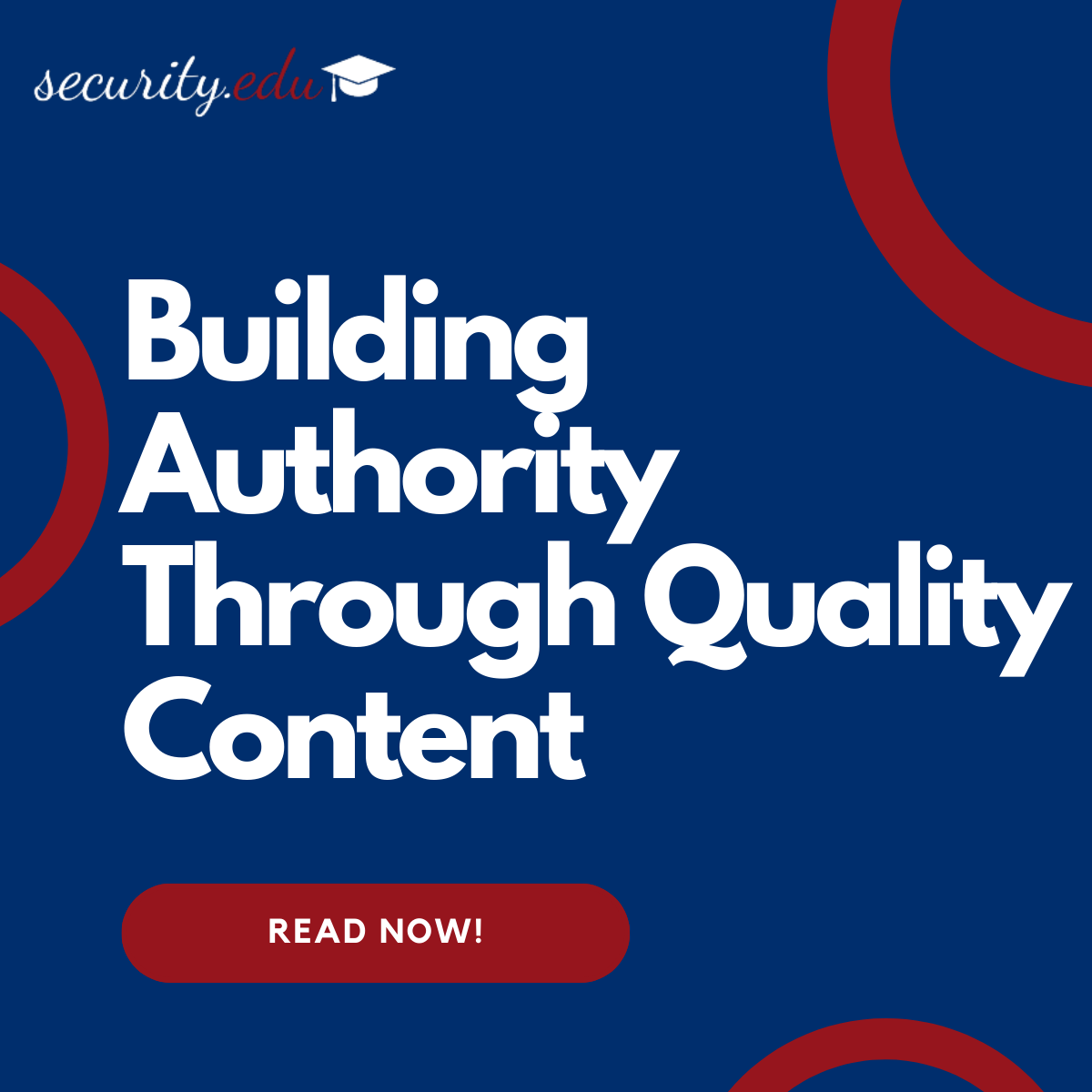In the realm of SEO for educational institutions, the creation and dissemination of quality content stand as pivotal strategies for building authority and enhancing online visibility. This goes beyond merely attracting visitors to your website; it’s about establishing your institution as a trusted resource in the educational community. This article delves into the importance of content authority, strategies for creating impactful content, and the role of quality in boosting SEO for educational websites.
The Importance of Content Authority in Education
Defining Content Authority: Content authority refers to the recognition and trust that a website gains from both users and search engines as a reliable source of information. For educational institutions, this means being seen as a leader in providing educational resources, research findings, and academic insights.
Why It Matters: High-quality, authoritative content improves your website’s SEO by encouraging more backlinks, increasing user engagement, and enhancing the overall user experience. It positions your institution as a thought leader, attracting not just potential students but also researchers and academic partners.
Strategies for Creating Impactful Content
- Identify Your Audience’s Needs: Understand the questions, challenges, and topics that interest your audience. This could include prospective students, current students, faculty, and the broader academic community.
- Leverage Expertise: Utilize the wealth of knowledge within your institution. Encourage faculty and researchers to contribute articles, opinion pieces, and research summaries to showcase your institution’s expertise.
- Diversify Your Content: Create a mix of content types, such as blog posts, research papers, infographics, and videos. This not only caters to different learning styles but also helps to engage a broader audience.
- Focus on Evergreen Content: Develop content that remains relevant over time, such as how-to guides for students, academic advice, and foundational research articles. Evergreen content continues to attract visitors long after its publication.
- Optimize for Search and Accessibility: Ensure your content is optimized for SEO with appropriate keywords, meta descriptions, and titles. Additionally, make your content accessible to all users, including those with disabilities.
Ensuring Quality in Your Content
- Peer Review and Fact-Checking: Implement a review process to ensure accuracy and reliability in your content, reinforcing your institution’s credibility.
- Engagement and Feedback: Encourage interaction through comments, forums, and social media. Feedback can provide insights into content improvement and audience needs.
- Regular Updates: Keep content current by regularly reviewing and updating it to reflect the latest research findings and academic developments.
Conclusion
For educational institutions, building authority through quality content is a dynamic process that requires ongoing effort and engagement. By focusing on the needs of your audience, leveraging the expertise within your institution, and committing to high standards of quality and accuracy, you can enhance your SEO, attract a more engaged audience, and establish your institution as a leader in the field of education. The impact of authoritative content extends beyond search engine rankings; it contributes to the academic community and supports the mission of education and research.
Next in This Series
The Role of Social Media in Educational SEO: Explore how educational institutions can use social media platforms to amplify their content, engage with their audience, and support their SEO objectives.

